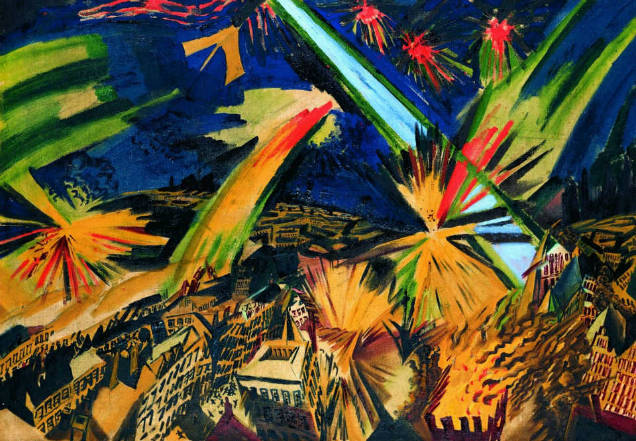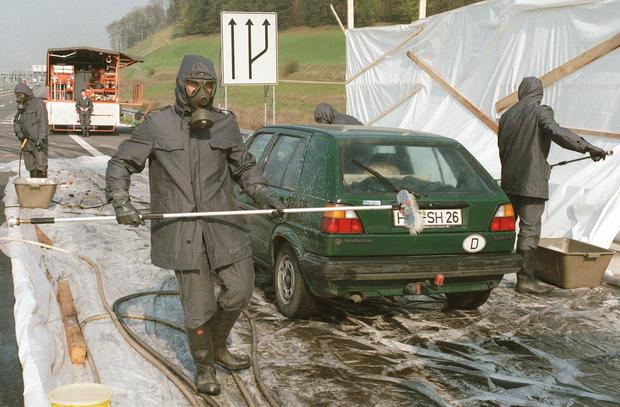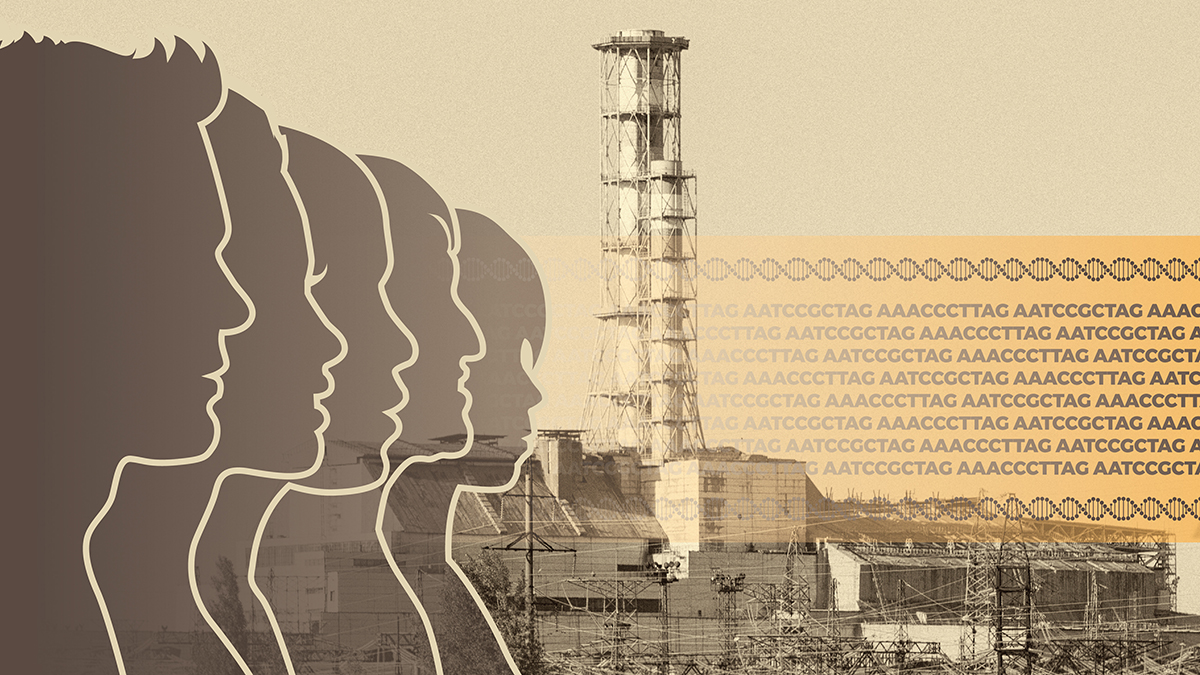
Police officers in gas masks appeared in the streets of Pripyat, and citizens started to report symptoms, causing anxiety and confusion, but the evacuation didn't begin until the middle of the next day - more than 24 hours after the incident. As part of a cover-up effort, the Soviet government kept Pripyat citizens in the dark about the danger they were in - even after subsequent explosions in the damaged reactor that night. In the wake of such a nuclear disaster, protocol called for the evacuation of nearby communities, including the city of Pripyat. And we didn't know then that they were just the first ones.

We learned that another one was left under the debris - Valera Khodemchuk.

Lyudmilla Ignatenko, the wife of one of the firemen, recalled:Īt 10 in the morning, the cameraman Shishenok died. Radiation continued to leak from the core and spread to the surrounding area via the wind. More than 100 people received acute radiation poisoning, and dozens died within months. Meanwhile, massive amounts of radiation poured out of the exploded reactor. Employees kept working, and firefighters arrived to quell the blaze without radiation-protective gear. Fires immediately broke out, and two men died in the chaos - one of whom was buried in the debris and remains there to this day.ĭespite the violence of the initial incident, the engineer on staff erroneously believed the reactor's core was undamaged and unexposed. 4 reactor at the plant exploded, and a meltdown occurred. The original explosions that rocked the nuclear power plant at Chernobyl occurred at around 1:30 in the morning on April 26, 1986. Those who worked at the nuclear plant or lived in the surrounding areas tell haunting tales about what it was like in the immediate aftermath of the Chernobyl disaster. Many of them shared their recollections in the book Voices From Chernobyl: The Oral History of a Nuclear Disaster by Nobel Prize-winning author Svetlana Alexievich. Decades after the incident, although the area has come back to life in some ways, harmful effects persist. But for those closest to the danger, the news came far too late.

Immediately following the disaster, the Soviet government downplayed the dangers of the large amount of radiation the explosion and subsequent fire released, which led to widespread misinformation - or no information at all. The rest of the world soon discovered the severity of the disaster at Chernobyl. The effects of the Chernobyl disaster reverberated worldwide, with long-term repercussions for wildlife, humans, and the environment. At the time, the people living near Chernobyl in what is now Ukraine, including first responders to the scene, didn't know they were experiencing a life-changing event. 4 reactor exploded at the Chernobyl nuclear power plant on April 26, 1986, a colossal meltdown began.


 0 kommentar(er)
0 kommentar(er)
